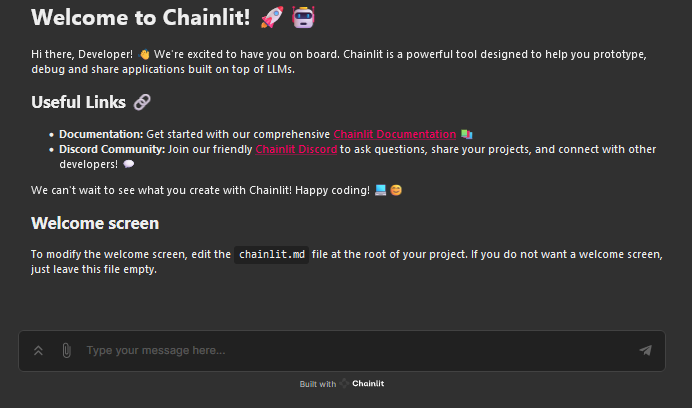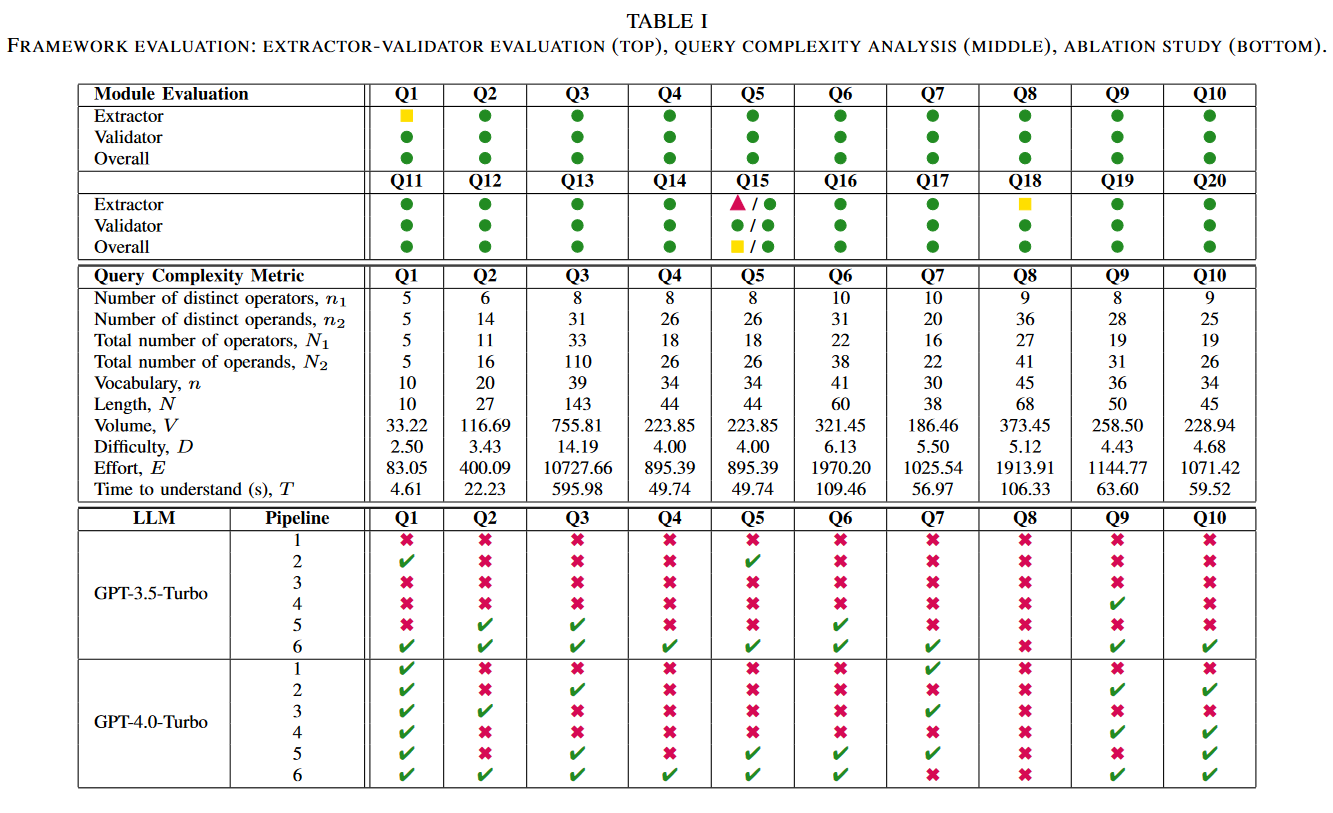Spaces:
Sleeping
SoccerRAG: Multimodal Soccer Information Retrieval via Natural Queries
Abstract
The rapid evolution of digital sports media necessitates sophisticated information retrieval systems that can efficiently parse extensive multimodal datasets. This work introduces SoccerRAG, an innovative framework designed to harness the power of Retrieval Augmented Generation (RAG) and Large Language Models (LLMs) to extract soccer-related information through natural language queries. By leveraging a multimodal dataset, SoccerRAG supports dynamic querying and automatic data validation, enhancing user interaction and accessibility to sports archives. Our evaluations indicate that SoccerRAG effectively handles complex queries, offering significant improvements over traditional retrieval systems in terms of accuracy and user engagement. The results underscore the potential of using RAG and LLMs in sports analytics, paving the way for future advancements in the accessibility and real-time processing of sports data.
Enviroment setup
The framework requires Python 3.12.
pip install -r requirements.txt
Rename .env_demo to .env and fill in the required fields.
Setting up the database
By running
python setup.py
from project root, all files will be downloaded, and the database will be set up. Before running the setup, make sure to fill in the required fields in the .env file, and do a
pip install soccernet
as this package is not in the requirements.txt file. Expected setup time is around 10 minutes.
If you want to download the data and set up the database manually, you can do so by following the instructions below.
Downloading the data manually
The data required to run the code is not included in this repository. The data can be downloaded from the Soccernet. Files needed are:
One can use the soccernet package to download the data:
pip install soccernet
from SoccerNet.Downloader import SoccerNetDownloader
mySoccerNetDownloader = SoccerNetDownloader(LocalDirectory="data/dataset/SoccerNet")
mySoccerNetDownloader.downloadGames(files=["Labels-caption.json"], split=["train", "valid", "test"])
mySoccerNetDownloader.downloadGames(files=["Labels-v2.json"], split=["train", "valid", "test"])
The data should be placed in the ./data/Dataset/SoccerNet/ directory For each league, create a new folder with the name of the leauge For each season create a new folder with the name of the season (YYYY-YYYY) For each game create a new folder with the name of the game (YYYY-MM-DD - HomeTeam Score - Score AwayTeam) In each game folder, place the Labels-v2.json and Labels-captions.json files
For a full guide on how to download the data, please refer to the SoccerNet package website.
Setting up and populating the database
To set up the database, execute the following command:
python src/database.py
Adjust the path to the data in the database.py file as needed.
Running the code in command line
To run the code, execute the following command:
The code will prompt you to enter a natural language query.
python main.py
You can also call main_cli.py with a query as an argument:
python main_cli.py -q "How many goals has Messi scored each season?"
Running the code in ChainLit (GUI)
To run the code in ChainLit, execute the following command:
chainlit run app.py
This will open up a browser window with the GUI.

Example query
Enter a query: How many goals has Messi scored each season?
Lionel Messi has scored the following number of goals each season:
- 2014-2015: 13 goals
- 2015-2016: 3 goals
- 2016-2017: 31 goals
Results
Acknowledgements
This research was partly funded by the Research Council of Norway, project number 346671 (AI-storyteller).
Citation
@incollection{Strand2024,
author = {Aleksander Theo Strand and Sushant Gautam and Cise Midoglu and Pål Halvorsen},
title = {{SoccerRAG: Multimodal Soccer Information Retrieval via Natural Queries}},
journal = {{CBMI 2024: 21st International Conference on Content-Based Multimedia Indexing}},
note = {Under review},
year = {2024},
publisher = {IEEE}
}
